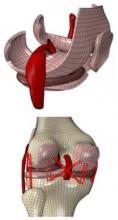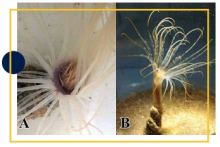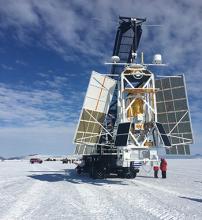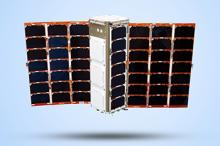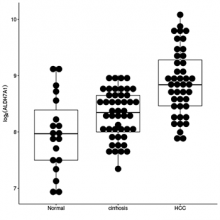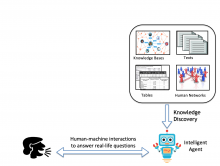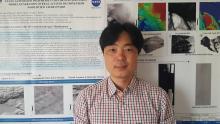Research Landscape
Toxin Diversity
The Ohio State University’s Marymegan Daly and her research partners probed the depths of Monterey Bay to collect samples of the tube-dwelling sea anemone, samples that are allowing the scientists to generate and analyze the transcriptomes of these ancient animals and reveal the diversity of toxins within their venom.
Neutrino Interactions
The field of ultra-high energy (UHE) cosmic neutrino experiments has entered an exciting phase, according to Amy Connolly, Ph.D., a physics professor at The Ohio State University. Scientists there have accumulated enough data to reach a mature understanding of detector designs in the radio environment in Antarctica.
Funding Allocations
Ask any parent worldwide what the most important thing in life is, and the answer will likely be his or her children. Allocations of public funds for families with children vary wildly from country to country, and besides affecting a family’s bottom line these programs could affect a child’s development as well.
